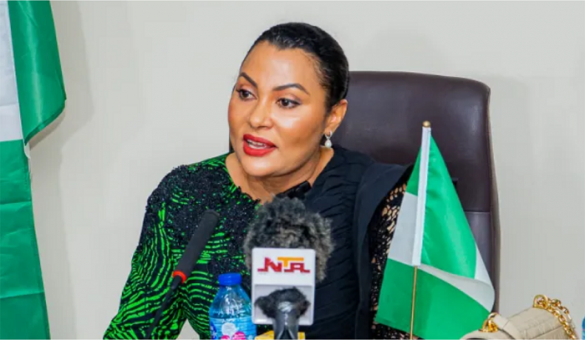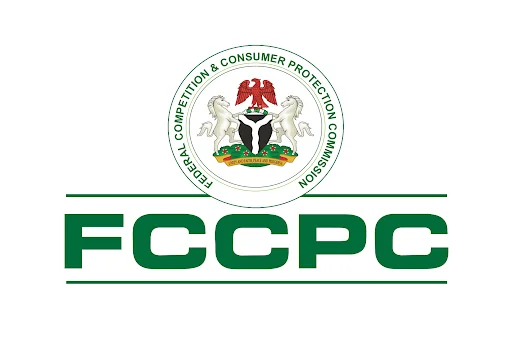The Association of Table Water Producers of Nigeria (ATWAP) has lamented over the scarcity of foreign exchange to procure raw materials for production, noting that the situation is making it difficult for operators in the water industry since the sector is heavily dependent on importation.
The association also expressed concerns about the high level of taxes being paid to regulatory agencies, adding that the water industry is the only industry currently being regulated by 25 different tax regulatory bodies.
The National President, ATWAP, Mrs. Chinwe Ativie, at its South West and Kwara Zonal convention in Lagos, called on the federal government to work closely with the association to capture all registered water companies to check against the outbreak of cholera in the country.
In her words: “We want all the regulatory agencies of water to work with ATWAP because it is only through the association you can get all the water producers in Nigeria. We are everywhere, we are national and in the six geopolitical zones.
“This is why the convention is tagged ‘Atajere’ which means you have to sell to be profitable and it has been flagged off even in the North Central and other parts of the country. We have decided that whatever we put in as our cost of production, we would input in our selling price to remain in business because water is life and if we begin to cut corners for water production, the lives of Nigerians would be at risk.”
According to her, “We are taking it upon ourselves to make sure we address quackery in the industry and at the same time, setting up a moderate price to ensure that our members do not cut corners so as to give Nigerians potable, secured and hygienic water.”
She stated that the association has succeeded in self-regulating the water industry and has also strengthened its partnership with regulatory agencies to bring about sanity in the industry.
“Despite the challenges we are facing in the industry, we have decided to set up some programmes that will put smiles on the faces of our members,” he said.
Also speaking, the Zonal Coordinator, South West Kwara, ATWAP, Prince Ademola Adeyeye, said the high cost of materials and statutory payments to regulatory bodies are making the businesses extremely difficult to operate, stressing that prices of raw materials have skyrocketed as many of its members have closed shops.
“Before the advent of Covid-19, we were buying one of our materials for producing water at N500 per kg, but post-Covid, we are buying it for N1500 per kg, so it really affected our members where some of our members were closing factories across the country, giving opportunities to quacks to take over the market which might lead to an outbreak of cholera.
“The only local content that goes into our production is water as equipment and other machinery used in water production are imported. Immediately the price of dollar goes up, the cost of nylon also goes up and as of today, we are buying it for N1550 per kg while packing bags are now N6500 per pack as against the N3500 we used to get. We are begging the federal government, because we are the only industry being regulated by 25 regulatory agencies. The industry has been facing serious challenges, but we are up to the task”, he added.
The Lagos State Chairperson, ATWAP, Omolabake Ololade, said after the convention, she would love to see a more dedicated and committed membership to quality assurance to provision of wholesome water for the populace.
She added that just like other businesses, infrastructure still remains a great challenge to table water production in the country.
“Free flow of traffic, funding which is peculiar to all forms of businesses and some unfriendly government regulations, inadequate power supply are still bottlenecks hindering the sector. The essence of the convention is for us to do costing and at the end of the day, issue a communique,” she said.
“We are going to look at a lot of things affecting our raw materials, the environment and come up with a favourable price so that we will be able to sell our products at a profitable price, but not too exploitative profit margins and whatever price that we choose to sell, will not bring hardship on the consumers,” she assured.












